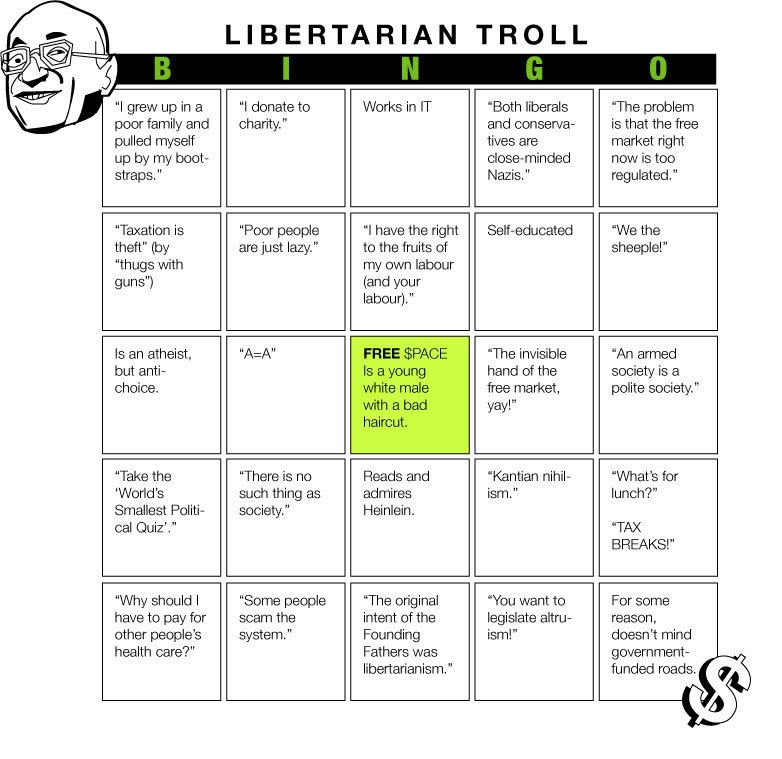you're an idiot.

<--smiley face.
it is discrimination. if someone is poor, you'd support charging them more for healthcare because being poor is a risk factor. you'd be essentially pricing them out of healthcare services. same goes for people with genetic predispositions to certain conditions and people who were perfectly healthy but get afflicted by a condition which they had no control over or responsibility in acquiring and are now at high risk for other conditions. just because the private sector gets away with discrimination (one of the most obvious examples is charging men more for auto insurance because being a man is a higher risk factor) doesn't make it okay. the main purpose for the private insurance company is for the private insurance company to make a profit. the public system was setup with the main purpose of helping people equally, regardless of their risk factors, without profit as motivation.
for you to even compare people with risk factors receiving healthcare services without said risk factors being taken into consideration for payment of services, to stealing, says alot about your moral character. i can imagine you saying the following:
the poor person who eats non-nutritious food because they can't afford it is a higher risk for developing detrimental health conditions but doesn't have to pay more for health care! thief!
women's urethras are shorter than men's and their urethral openings are in closer proximity to their anuses , putting them at higher risk for infections than men who have longer urethras yet they are not charged more for this? thiefs i tell you!
bob, i don't give a shit if you took care of yourself all your life. ever since that hit and run, you have become disabled, poor, and therefore a higher risk. you are stealing because the government didn't adjust your costs to be higher!
betty, the excuse of your father molesting you as a child & having to run away to escape is no excuse for being depressed, homeless and a drug abuser. all those things are high risks, and being the thief you are, you're not paying your share!





